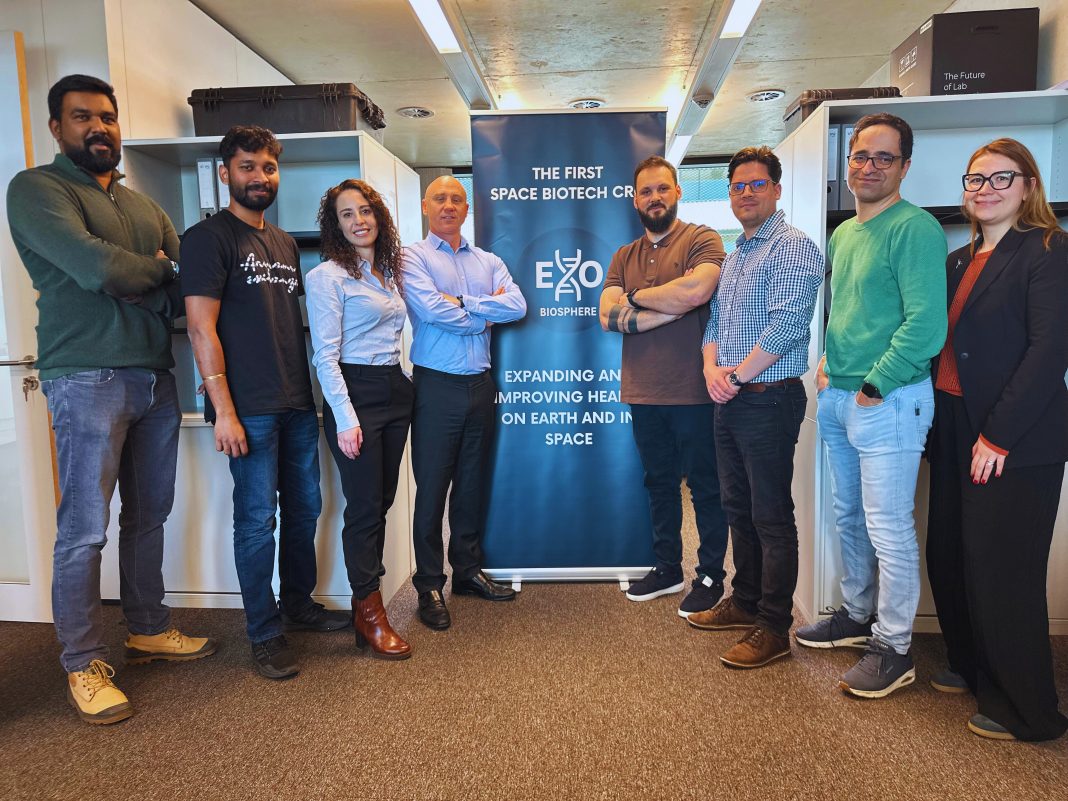Exobiosphere’s partnership with Vast’s Haven-1 space station marks a turning point for Luxembourg’s ambitions in space-enabled healthcare innovation.
In a landmark move that places Luxembourg at the forefront of space-enabled biotechnology, Exobiosphere will be an official payload partner for the world’s first commercial crewed space station Haven-1.
Exobiosphere, the world’s first contract research organisation fully dedicated to high-throughput drug screening in microgravity, will install its Orbital High-Throughput Screening Device (OHTS) aboard Haven-1 when it launches in 2026. The OHTS system is engineered to run thousands of simultaneous biological experiments in the unique conditions of space, where microgravity accelerates cell growth and exposes hidden cellular behaviours—an environment expected to revolutionise new medicine development.
Developed by Vast, a US-based aerospace company founded in 2021, Haven-1 is a state-of-the-art space station offering an innovation lab for both private astronauts and government missions. It is slated for launch into low earth orbit in May 2026. The 14,600 kilo space station can house up to four crew and ten dedicated payload facilities. Vast is also working on the larger Haven-2 space station, which it will likely propose for the second phase of NASA’s Commercial Low Earth Orbit Destinations, supporting work on commercial stations that will succeed the International Space Station.
Business case for space-based R&D
Across the European continent, interest in space-based R&D is building momentum. More affordable launch costs, advancing automation technologies, and a growing understanding of microgravity’s scientific value have shifted space research from theoretical to tactical.
“Luxembourg provides the ideal environment for our space biotech venture through its forward-thinking policies, supportive space agency […]”
As a result, Exobiosphere’s business model is gaining commercial traction. While the company remains tight-lipped on specific clients, several Benelux and European biotech firms are reportedly in advanced talks to conduct drug development research in orbit, in particular firms exploring novel disease modeling or advanced biologics. The appeal? Faster results, earlier-stage insights, and the potential to dramatically cut down pre-clinical failure rates. “Our role is to help them design microgravity experiments that can reduce late-stage failures and compress pre-clinical timelines,” says Kyle Acierno, CEO of Exobiosphere and a space tech veteran who formerly led iSpace Europe and ISRU firm OffWorld.
Local expansion
Exobiosphere recently secured €2m in seed funding in a round led by Expansion Ventures, with Expon Capital–a Luxembourg-based firm investing in transformative technologies–as co-lead, and Space Data Inc., a Japanese company focused on real-time digital twin technology for Earth and space systems.
This funding, along with the partnership with Haven-1 offer a local economic opportunity. Exobiosphere expects to expand its team significantly in Luxembourg, recruiting mechanical engineers, life scientists, robotics specialists, and data analysts to manage payload development and post-mission data interpretation.
“Beyond these core roles, we also expect to add business development and commercial operations positions to manage relationships with our pharmaceutical, biotech, and academic partners,” says Acierno.
Luxembourg as a gateway to Low-Earth Orbit
As Europe’s space economy experiences a period of massive growth, rolling out new launch vehicles, commercial space stations, and free-flyer platforms like ATMOS and Space Cargo Unlimited (another Luxembourg company), it has opened doors for biotech firms to test ideas more frequently and at lower cost than a decade ago.
Founded in Luxembourg in 2024, today Exobiosphere operates out of the House of BioHealth in Luxembourg, a space which the CEO says has been “instrumental for building lab infrastructure and attracting talented engineers and scientists.”
“Luxembourg provides the ideal environment for our space biotech venture through its forward-thinking policies, supportive space agency, and vibrant ecosystem of investors, research institutions, and service providers,” says Acierno.

